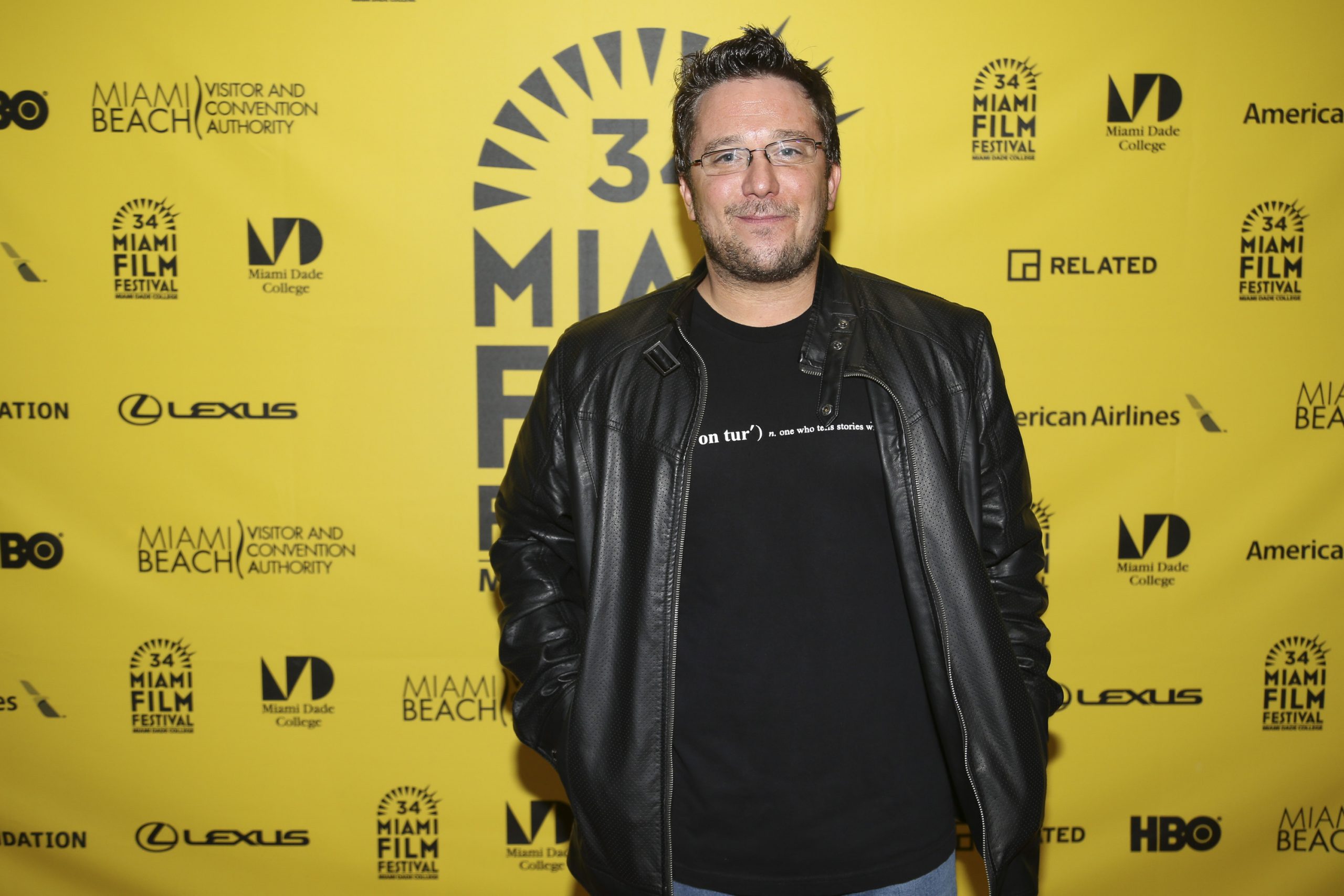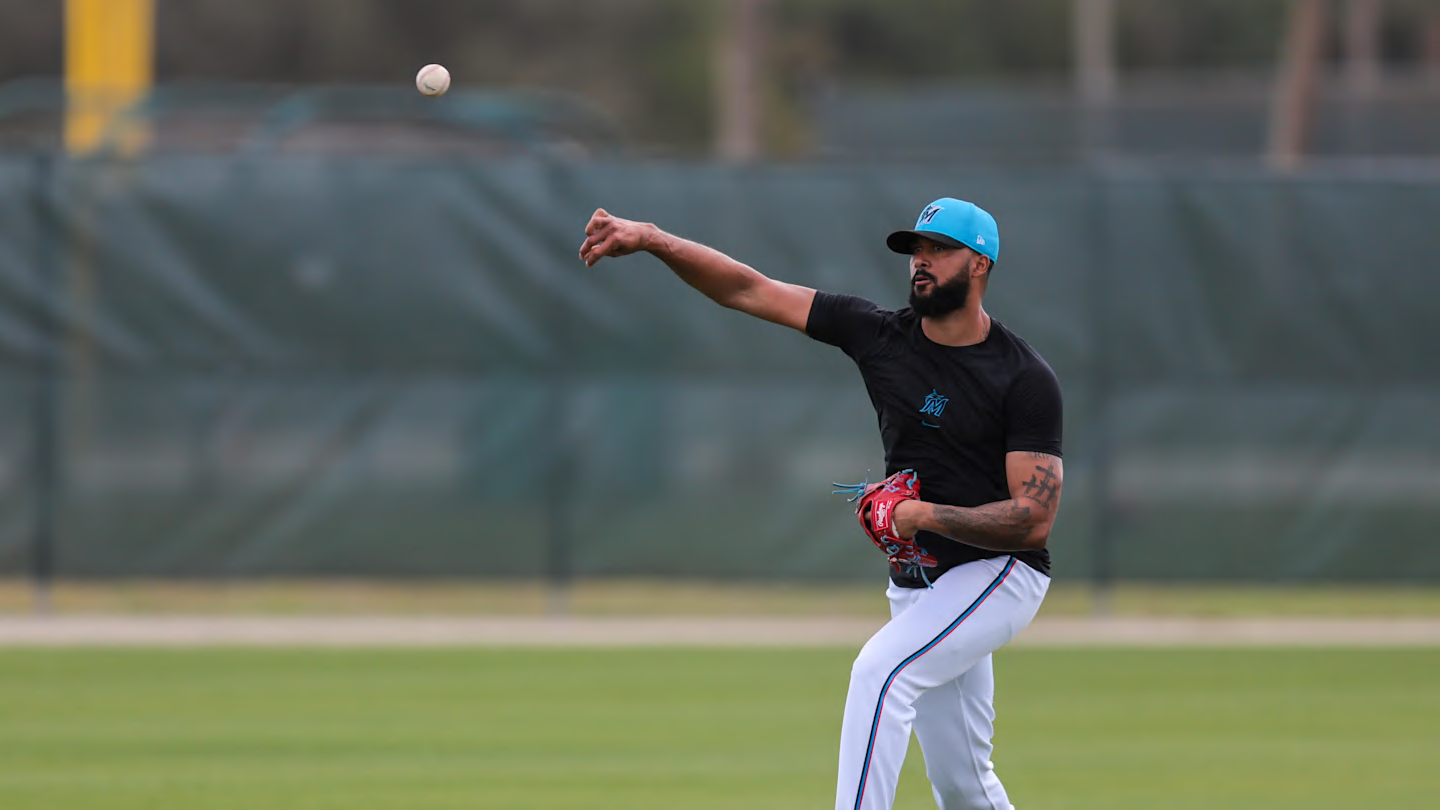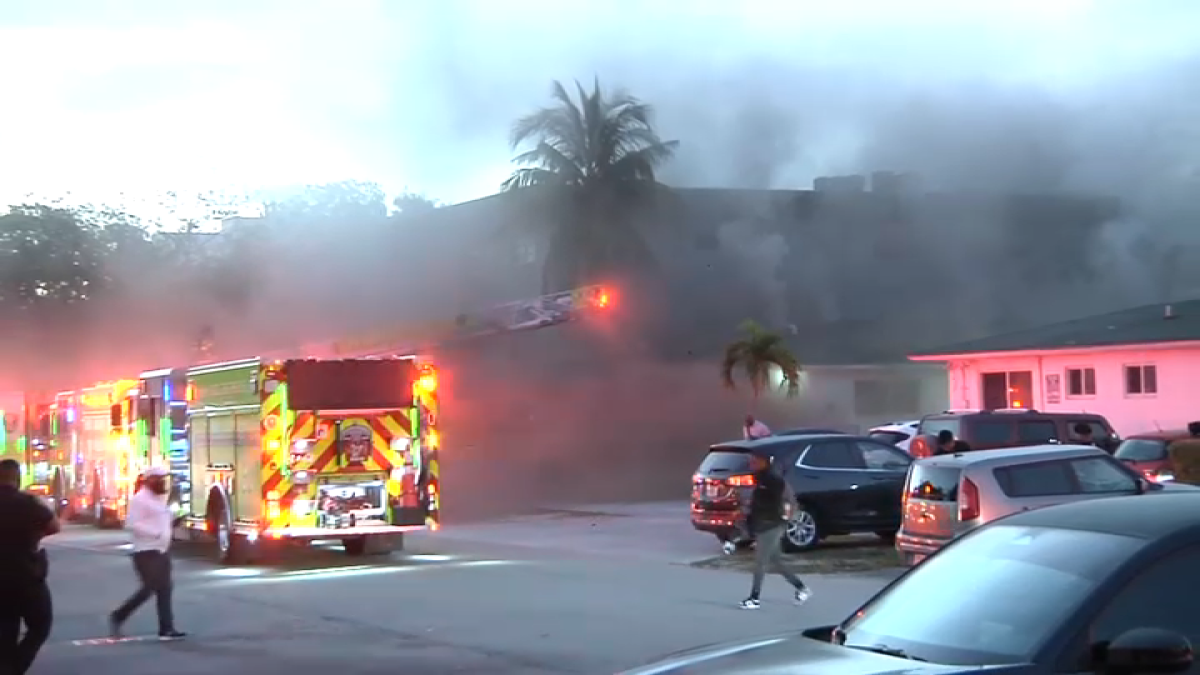UM alum Billy Corben on filmmaking, politics and Miami
Over the past few decades, UM Alum Billy Corben has assembled a long list of jaw-dropping documentaries, exposing the secrets of South Florida.
With titles including “Cocaine Cowboys,” discussing Miami’s involvement in the Medellin cartel, to the detailed exposition of the rise of ‘Canes football in “The U” documentaries, Florida has gifted Corben with what seems like endless stories to tell.
From founding his first production company at the age of 15 to releasing his first film, Corben discusses the experiences and decisions that brought him to where he is today.
You began in the entertainment industry as a child actor: how did this turn into a career of producing, directing and documentaries?
“I was not athletically inclined like my brother and I was looking for an after school hobby,” Corben said. “I had a friend who was in a Sears bicycle commercial and I was mesmerized by seeing her on TV.”
Corben made his film acting debut in “Parenthood,” a comedy directed by Ron Howard in 1988.
“You’re an actor as a kid, but if you’re going to stay in this business, you grow up and move behind the camera,” Corben said. “Instead of being told what to do, you’re telling other people what to do.”
While attending high school at New World School of the Arts, Corben and two childhood friends at North Miami Beach Senior High School formed their first production company as high school sophomores.
The three continued to build the company through their time in college, with Corben at UM, producing partner Alred Spellman briefly at UM and later Florida International University and fellow partner David Cypkin at Florida State University. After college, Corben and his partners moved to Gainesville, Fla. to investigate a story that became their first film documentary — “Raw Deal: A Question of Consent.”
One year later, the documentary was set to premiere at the Sundance Film Festival. In 2001, the three were the youngest filmmakers in the festival’s history and the only ones from Miami.
When did things turn political?
“I was interested in civil rights, in pursuit of justice, in speaking truth to power,” Corben said.
While at New World School of the Arts Corben served as senior class president, advocating for the student body on issues concerning teachers and administration.
“I had distinguished myself already as being a rebel with a cause,” Corben said.
Having grown up in the post-9/11 era through the 2008 recession, prominent political events — including the Trump administration — affected his view of politics and institutions.
“The idea that America could be taken in by a con man and a demagogue certainly proved that the Miami of today is the America of tomorrow,” Corben said.
Embed from Getty Images
Tell me about your time here as a UM student. How did it shape who you are now?
“I think I miss it more now, you don’t really know what you’ve got until it’s gone,” Corben said. “I don’t know that I appreciated it as much when I was there.”
At UM, Corben triple majored in political science, screenwriting and theatre. Due to his developing career, Corben took a few leaves of absence during his time at UM. In his opinion, these periods of time spent away allowed him to appreciate the classes he was taking more.
“I navigated my way into really great classes with really wonderful professors,” Corben said. “I had Rafael Lima, a wonderful professor who I’d had in high school. I had him practically every semester from like my junior year in high school practically through my junior year in college.”
In his opinion, the most important and beneficial class Corben took was screenwriting.
“You need to understand the fundamentals of storytelling in order to know what to do with any of that,” Corben said, referring to cinematography, directing and editing.
Corben misses the challenging environment of a college classroom and the encouragement for healthy debates and thinking.
“I find myself in a lot of echo chambers these days,” Corben said. “I enjoy a good faith debate, which is hard to come by because so many debates today are toxic.”
How did your high school production company turn into Rakontur Productions?
“The first company was a subchapter S corporation my and Alfred’s dad had to be the officers of,” Corben said. “We called it Spellman Corben Productions, which sounds like a law firm.”
When it came time to create Rakontur, the filmmakers already had a company — it was simply a matter of branding it. For them, the mission of a documentary filmmaker is to find a good story and tell it well. Rakontur is the phonetic of the French word raconteur, which means one who tells stories with skill.
As a documentarian, what is the process in getting credible, firsthand perspectives on these breaking stories?
When it comes to first-person storytelling, Corben explains that it’s all about the “I” and “we,” not “they” and “he.” For him, firsthand information not only increases a piece’s credibility, but draws the audience in for storytelling from a specific point of view.
“Just because its first hand information doesn’t mean that it’s accurate,” Corben said. “It could be self-serving.”
Corben describes his process as synthesis journalism. After corroborating the narrative, filmmakers straddle the line between journalism and entertainment.
“You tempt the audience with the candy and then you slide some broccoli in there,” Corben said. “And hopefully for two hours you’ve been entertained, but you’ve also unexpectedly learned something along the way.”
What is the hardest part of the process?
“One of the toughest parts is access. It’s not what you know it’s who you know,” Corben said.
Working in the industry for over 20 years, Corben spoke to the changes in the public’s approach to documentary filmmaking. In the beginning, access was challenging. Today, in a new era of non-fiction filmmaking, people are more aware and willing to speak out publicly.
Embed from Getty Images
Is it true that you score your own films?
Corben has composed some of the tunes, songs and themes that have gone into some of his major works, including “the U,” “Raw Deal: A Question of Consent” and “Square Grouper: The Godfathers of Ganja.”
“I’m all passion, no talent when it comes to music,” Corben said. “So I’ll sit in the piano and tinker it out, then I’ll put it in the hands of some brilliant composers.”
Graduates from the University of Miami Frost School of Music have composed the score for many of Corben’s projects.
“The best documentaries that we make are musicals,” Corben said. “You could take out the dialogue and still understand the journey and the emotional arc of the story.”
When did you decide “God Forbid” was a story you wanted to tell and when did you realize you had enough information to do so truthfully?
The company had been tracking the story since it first broke, but when it first came on their radar it was a story from Politico they had read about Jerry Falwell, the former president of Liberty University, who happened to own a $4.65 million commercial property on Alton Rd. in Miami Beach.
As more information was revealed, Corben began to realize there were more layers to the story.
“What was interesting about the property was that it had a liquor store, very much against the Liberty way,” Corben said. “It had a gay friendly flop house and a youth hostel upstairs, drawing in the irony of this situation.”
In 2018, a follow-up was published in Buzzfeed, identifying the Fallwell’s real estate partner as Giancarlo Granda, a pool attendant at the Fontainebleau in Miami Beach, where the Falwells met him. Less than a year later, the 20-year-old was their partner in the $4.5 million property. The story then took to the internet, and the “poolboy” narrative formed. In June of 2020, Giancarlo Granda reached out to Rakuntor Productions, asking if they would tell his story.
“Alfred Spellman, my producing partner, often jokes that when you get released from prison in Florida, your first call is to your mother and your second call is to Rakontur to make a documentary about you,” Corben said.
What are your thoughts on the movie screening still happening after it was initially declined?
“All’s well that ends well,” Corben said.
Corben enjoys returning to UM and sees every opportunity to come back and speak to students as a chance to showcase what the ever-changing industry has to offer.
“I wish I had more opportunities while I was in school to hear from people who were actually out in the world, in the profession I was hoping to pursue,” Corben said.
Corben extends his thanks to Rene Garcia, the current manager of the Cosford Cinema, who previously served as the Film Critic for the Miami Herald.
“I read him growing up,” Corben said. “It was one of the most exciting bucket list moments of my life when he reviewed our first documentary in The Miami Herald and gave it a 3 ½ out of 4 rating.”
What are your plans for the future?
Rakontur Productions is currently working on the fifth and final of the Cocaine Cowboys documentary series, titled “The Last of the Cocaine Cowboys.” The story will follow Carlos Lehder, one of the four original co-founders of the Medellin cartel. Released from U.S. prison in the summer of 2020, Lehder invited Rakontur Productions to Europe, where he lives now, to tell his story.
“Cocaine Cowboys have been somewhat Miami centric,” Corben said. “This one’s not just about Miami — it’s a story about Colombia, Bahamas, Mexico, Panama, Cuba, the United States and how cocaine and the war on drugs turned the entire hemisphere upside down.”


